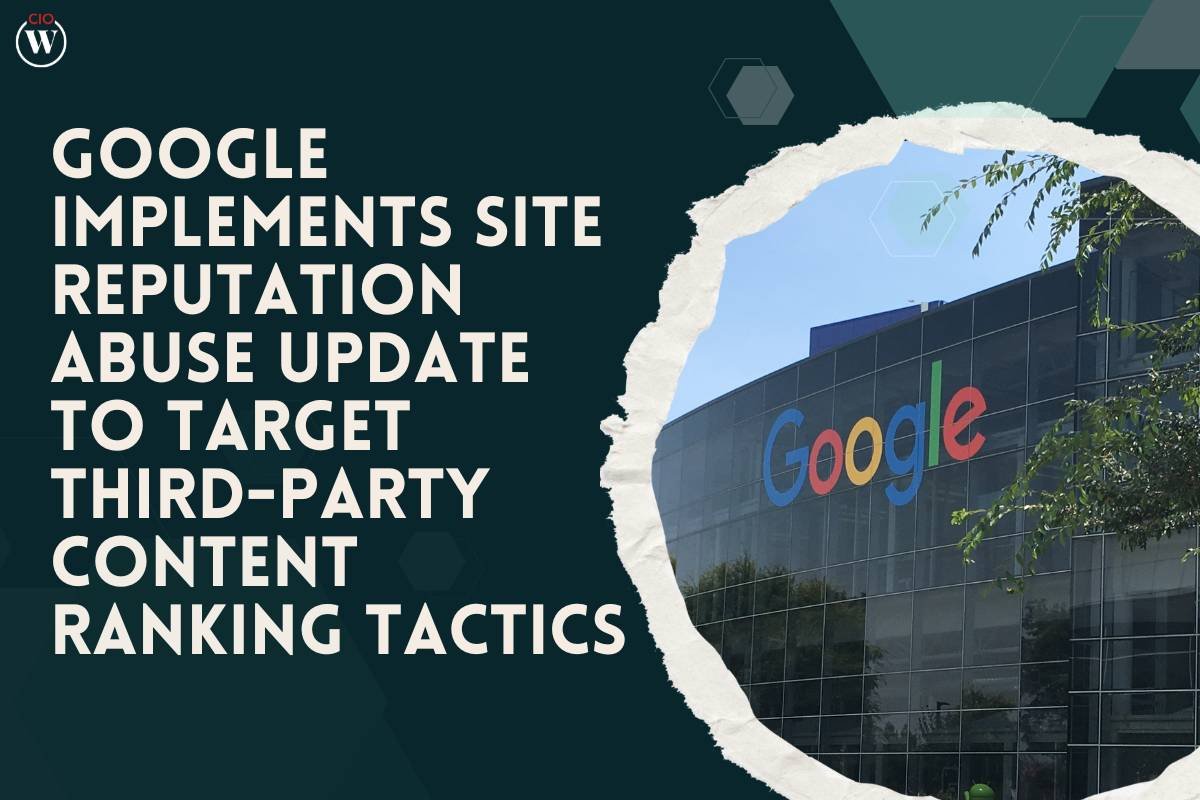Source – Wikipedia
Google’s SearchLiaison has officially announced the initiation of Google’s site reputation abuse update on Monday, May 6th. This update aims to crack down on websites employing tactics that manipulate search engine rankings. Currently, enforcement is primarily manual, with algorithmic measures set to be introduced in the near future. Manual actions entail human reviewers at Google evaluating websites to determine if they warrant penalties, including removal from search indexes.
Understanding Site Reputation Abuse
One of the strategies targeted by Google’s update is the practice of leveraging third-party content to boost a website’s search engine ranking. Essentially, this tactic involves a marketer posting content on another website in an effort to enhance their own site’s visibility. Termed “parasite SEO” by some, this approach has gained notoriety in recent times. However, the label “parasite” may be misleading, as it implies an unwilling host-victim relationship, whereas this strategy often involves mutual agreement between parties.
Contrary to assumptions, this isn’t solely a tactic employed by novice marketers. Major brands, especially in sectors such as credit cards and product reviews, have also been known to utilize this method to bolster their online presence.
Google’s Focus on Third-Party Content Hosting
Google’s spam policy regarding site reputation abuse specifically targets websites that host third-party content without significant involvement or oversight from the hosting publisher. However, it’s important to note that merely hosting third-party content isn’t enough to trigger penalties. Google’s criteria for identifying spam encompasses various factors beyond content hosting alone.
In conclusion, Google’s recent crackdown on site reputation abuse signifies a significant shift in its approach to combating manipulative SEO tactics. By implementing manual actions and planning for algorithmic enforcement in the future, Google aims to ensure a fair and transparent online ecosystem where websites are ranked based on the quality and relevance of their content, rather than deceptive tactics aimed at gaming the system.









